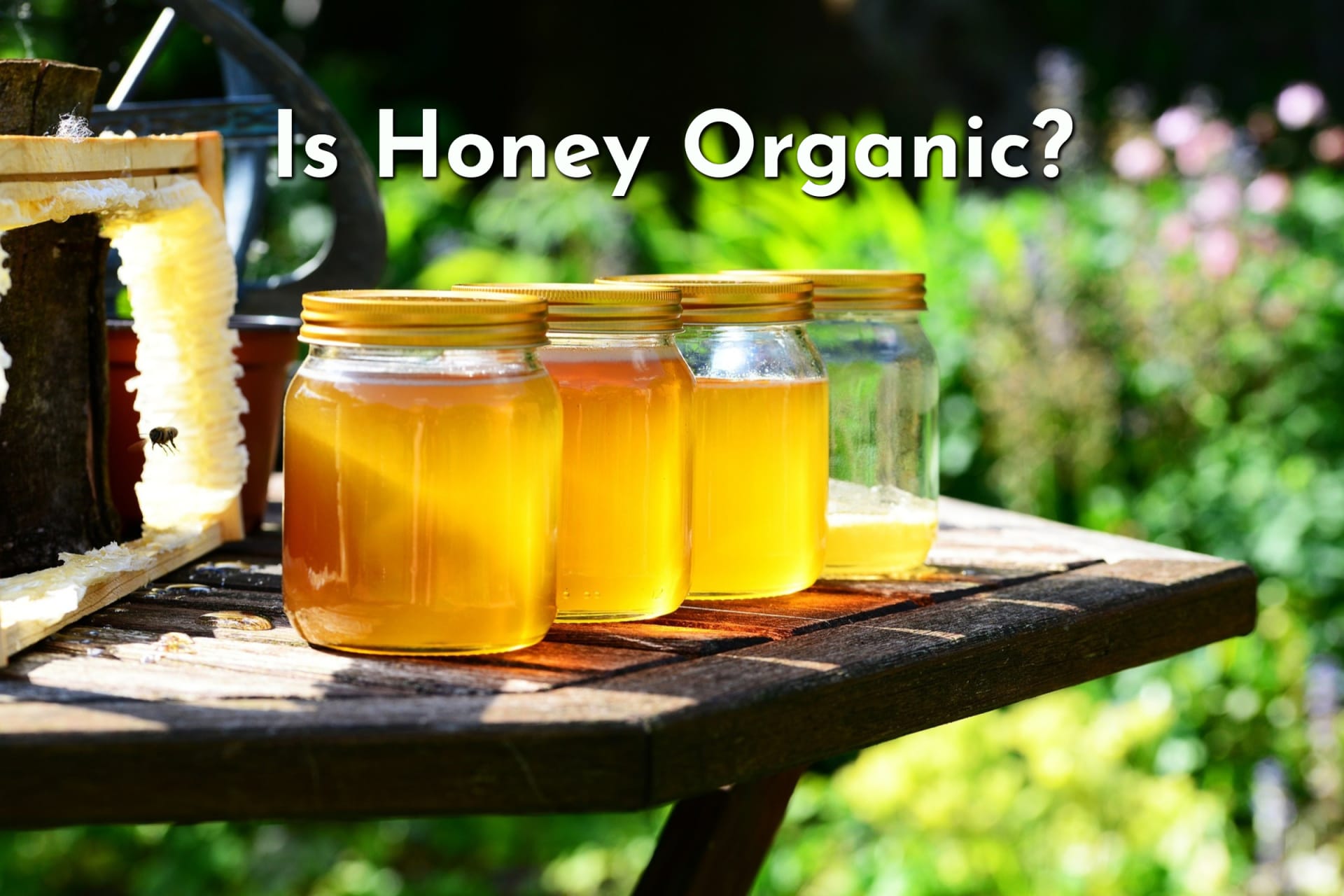Do you ever wonder what, exactly, is in the food you eat? If you’ve ever looked at food labels, you know that figuring out what is in your food can be daunting. Ingredient lists are a seemingly endless list of strange scientific and chemical compound names. Some ingredients are difficult for the average consumer to interpret. Many companies come out with alternative products made with simple ingredients like flour, eggs, milk, and salt. Health-conscious consumers greatly appreciate the steps companies have taken, however, even these simple ingredient lists do not include what other substances might be lurking in your food. Even single-ingredient products such as salt, sugar, or even honey may have potentially harmful compounds that do not appear on the label.
With rising concerns over food production and its impact on the environment, many people are considering making the switch to organic. But what does ‘organic’ really mean?
What is ‘Organic’?
In the farming and food industry, ‘organic’ refers to a method of farming or food production free from the use of:
- chemical fertilizers
- pesticides
- or other artificial agents.
To receive organic certification, farmers must adhere to a strict set of guidelines. These guidelines cover how they treat the soil in preparation for growing crops. It also includes rules about how farmers can protect the crops from weeds and pests. For example, to receive an organic certification, the soil the crops grow in must not be treated with any of the disallowed products for at least 3 years. Only then are crops grown in that soil considered organic. Once the farmer plants the crops, they can only use pre-approved, certified organic pest and weed control. Organic farmers can also rely on physical, mechanical, and biological methods to control pests and weeds as well.
According to the FDA, ‘regulations prohibit organically processed foods from containing artificial preservatives, colors, or flavors and require that their ingredients are organic, with some minor exceptions’. For example, products made from multiple ingredients may contain a select few pre-approved non-agricultural ingredients such as baking soda in baked goods and enzymes for the production of cheese and other cultured dairy products. These foods don the lablel as being 100% organic. However, food labels can be a little misleading sometimes. A product may advertise as being ‘Made with Organic Ingredients’ but are not 100% organic. These products must consist of at least 70% organic ingredients. While these products may use ingredients from reputable sources they are not certified organic. This makes it difficult for consumers to determine if the product complies with their personal reasons for choosing organic foods.
Is Honey Organic?
So how does this affect the production of honey? Is honey Organic? How can you tell? First, it is important to look at how honey is made.
Bees produce honey when they collect nectar from flowering plants. They carry the nectar in their crop, mixing it with enzymes that help stabilize the nectar for long-term storage. Once back at the hive, the bees deposit this nectar into wax cells called honeycomb, where worker bees beat their wings to help facilitate the evaporation of moisture from the nectar. As moisture evaporates from the cells the nectar thickens into what we refer to as honey. Because bees do not use any chemicals or additives when producing honey, the process of nectar becoming honey is considered to be organic. But does that mean that all honey is organic?
According to the FDA Organic regulations, for a product to be 100% organic all ingredients must meet the standards for organic certification. However, as of 2019, honey cannot be organically certified in the US. Any honey sold in the US that is organically certified is produced in another country and certified in that country. That being said, US honey can still be raised organically despite being unable to receive the FDA Organic certification.
When looking for a US-produced brand of honey organically raised, look for brands that meet the following requirements:
- Organic Nectar Source – For honey to be organic the flowers the nectar comes from should be grown organically. This means that the soil the flowering plants grow must not be treated with any disallowed substances for a period of at least 3 years prior to planting. They also must not be treated with any pesticides or other unapproved weed or pest control applications.
- Organic Hive Management – There are a variety of pests and fungi that can infect hives and cause catastrophic damage to the health of a hive. Any products used to prevent the infestation of mites or fungus must meet the FDA’s organic certification standards.
- Certified Organic Additives – If the honey contains any added colors or flavorings, those too must be organic.
If you’d like to learn more about honey or beekeeping, we’re happy to help. We help many beginner beekeepers understand the ins and outs of the honey industry. We also help them find the best supplies and equipment. Beekeeping is a fun and rewarding hobby, but one you shouldn’t jump into without some research. Let Beek’s Best help you start on your honey adventure.


Recent Comments